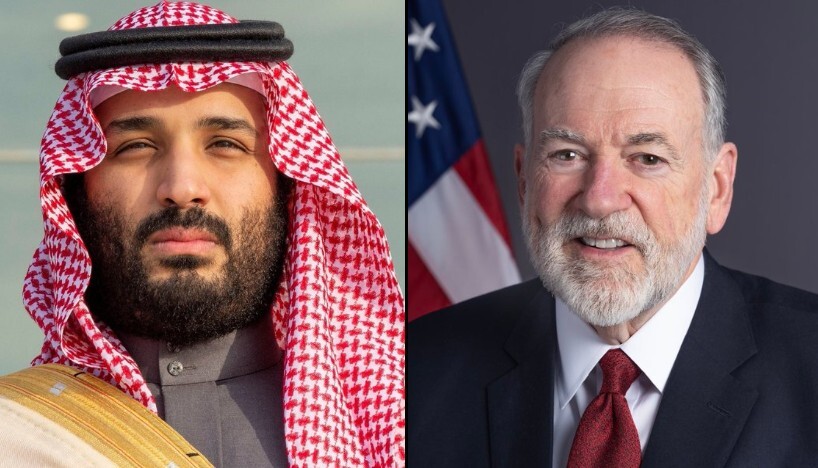The United Kingdom, Canada, Portugal, and Australia have formally recognized Palestine as a state on Sunday, marking a significant shift in foreign policy and a break from their traditional alignment with the United States.
This coordinated move, announced by Prime Ministers Keir Starmer, Mark Carney, and Anthony Albanese, comes amid escalating conflict in Gaza, with Israel continuing a major ground offensive in Gaza City, and is intended to revive the prospects of a two-state solution.
British Prime Minister Keir Starmer announced the UK's recognition in a video statement, declaring, “Today, to revive the hope of peace for the Palestinians and Israelis, and a two state solution, the United Kingdom formally recognizes the State of Palestine.” He emphasized that the move was not a reward for Hamas, which he stated would have no future or role in a Palestinian government, and reiterated the UK's demand for Hamas to release all hostages, sign a ceasefire, and disarm.
Starmer cited the “growing horror in the Middle East” and the “utterly intolerable” situation in Gaza as key drivers for the decision, stating the UK is acting to keep alive the possibility of peace and a two-state solution. The UK had previously conditioned recognition on Israel taking substantive steps to end the crisis in Gaza, a threshold not met.
Prime Minister Carney announced Canada's recognition, calling it a “co-ordinated international effort” toward a two-state solution. His office stated the recognition is aligned with the principles of self-determination and human rights, and is predicated on the Palestinian Authority’s commitment to hold elections in 2026 without Hamas involvement and to demilitarize the state.
Carney emphasized that Canada’s recognition does not detract from its unwavering support for Israel’s security, which can only be guaranteed through a comprehensive peace agreement. The decision follows Carney’s earlier pledge to recognize Palestine, a move that reportedly caused friction with US President Donald Trump, who warned it could threaten Canada’s trade relations.
Prime Minister Albanese formally recognized “the independent and sovereign State of Palestine” in a statement released shortly after the UK and Canada’s announcements. He described the three nations’ actions as part of a “coordinated international effort to build new momentum for a two-state solution.” Albanese echoed the UK and Canada, stating that Hamas must have “no role in Palestine.”
The recognition, driven by growing international concern over Israel's conduct in Gaza and the near-total destruction of the enclave, has been met with strong opposition from Israel and the U.S., while Hamas has welcomed the decision.
The recognition has been met with fierce condemnation from Israel. Prime Minister Benjamin Netanyahu declared, “We will have to fight both at the UN and in all other arenas against the false propaganda against us and the calls for the establishment of a Palestinian state that will endanger our existence and constitute an absurd reward for terrorism.” He reiterated his firm stance that “a Palestinian state will not be established west of the Jordan River.”
The Israeli Foreign Affairs Ministry called the declarations “categorically reject[ed]” and stated they “do not promote peace, but on the contrary — further destabilize the region.”
The move comes as Israel intensifies its military campaign in Gaza City, with Israeli strikes killing at least 34 people overnight, according to health officials, and hundreds of thousands of people living under famine conditions. The humanitarian crisis in Gaza has worsened significantly since October 2023, with over 65,000 Palestinians killed and much of the territory destroyed.
This recognition is largely symbolic but grants Palestine increased diplomatic standing and the potential for treaty-making. It reflects a growing international consensus, with over 140 UN member states already recognizing Palestine, and signals a shift among key US allies.
The UK, Canada, and Australia are part of a broader wave of recognition expected at the upcoming UN General Assembly, with France, Portugal, and others likely to follow. The decision is also seen as a response to Israel’s continued expansion of settlements in the West Bank, which many view as undermining the viability of a Palestinian state.
The UK’s historical role in the region, including the 1917 Balfour Declaration, adds weight to the symbolic significance of its recognition.















